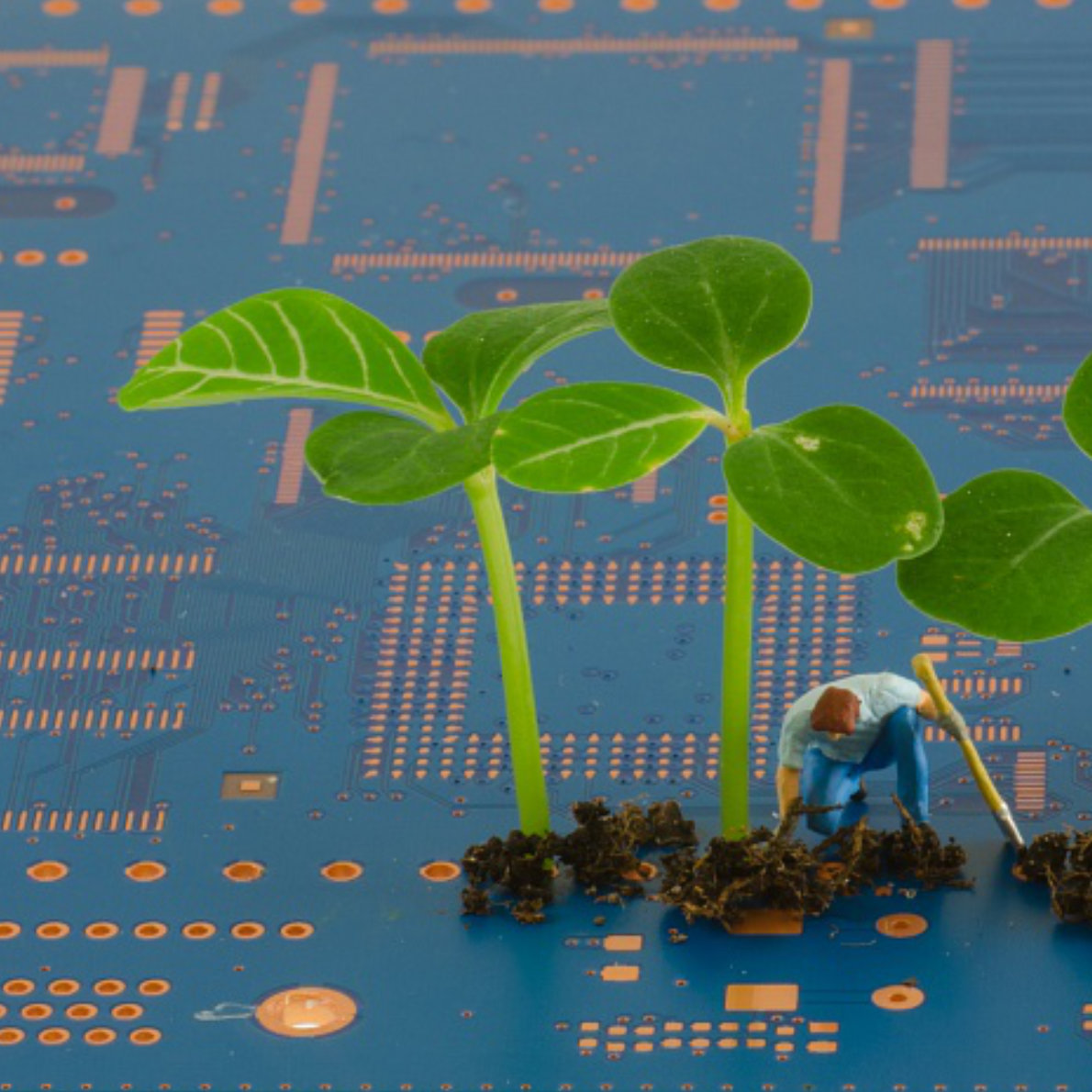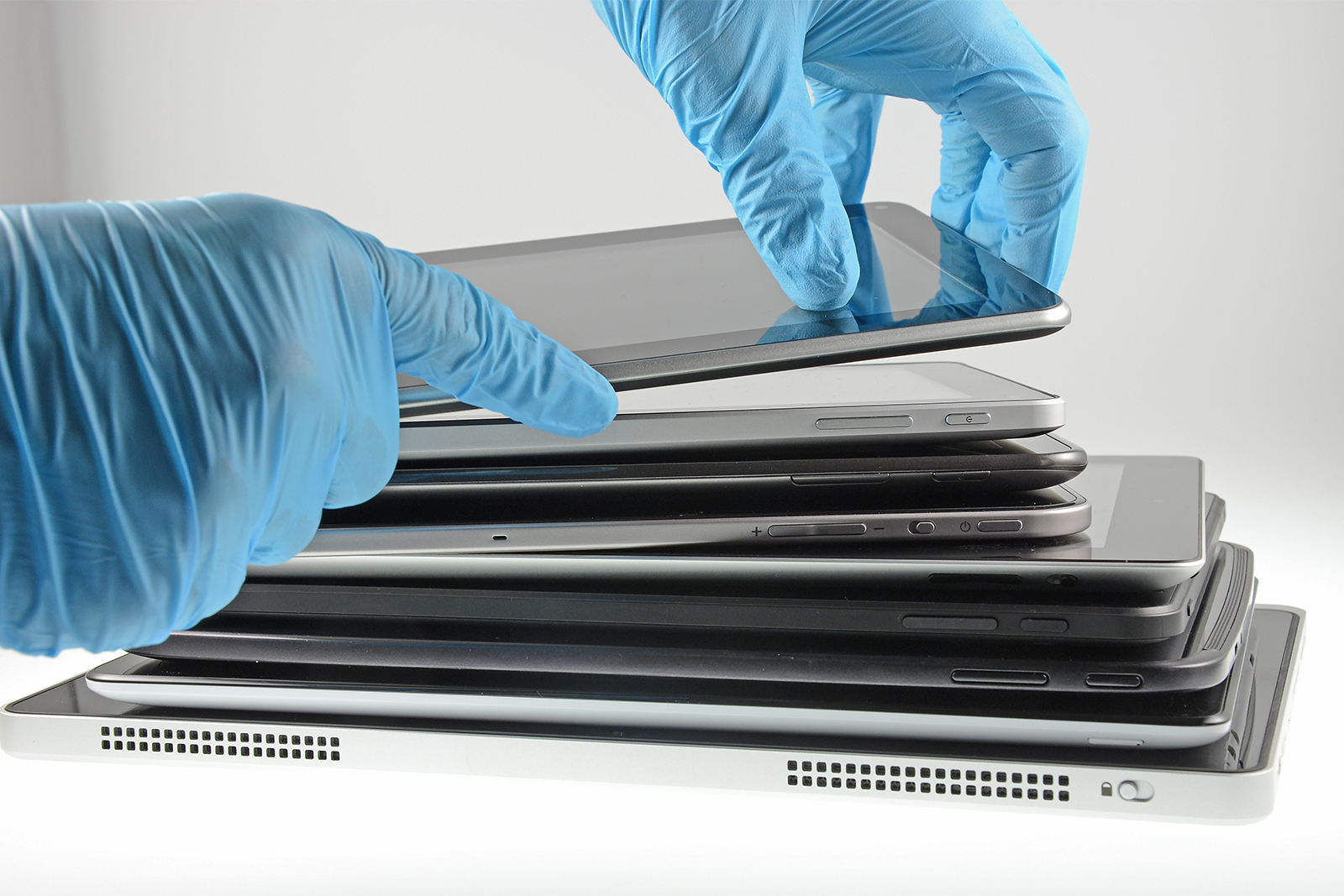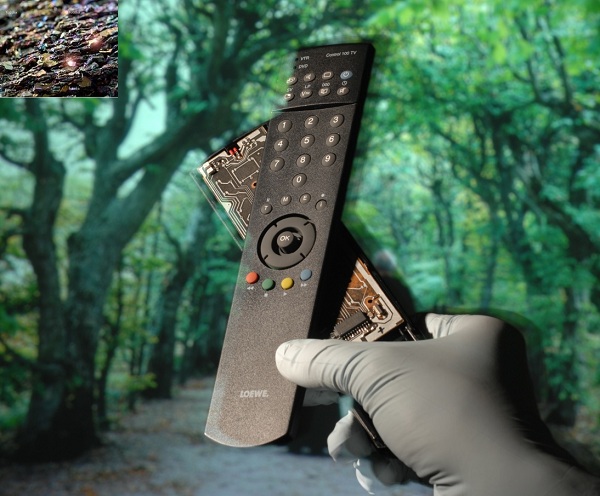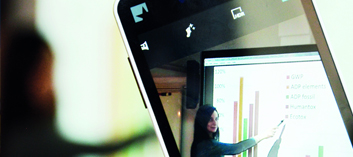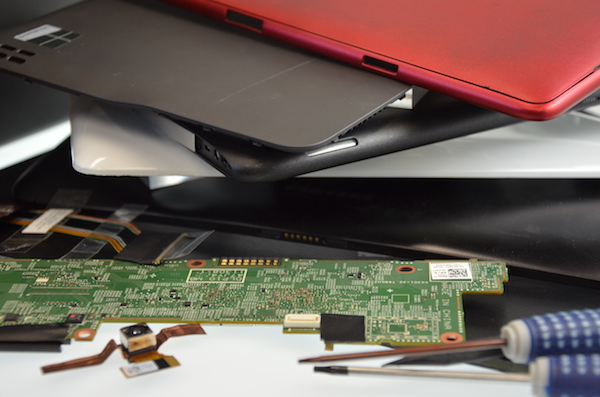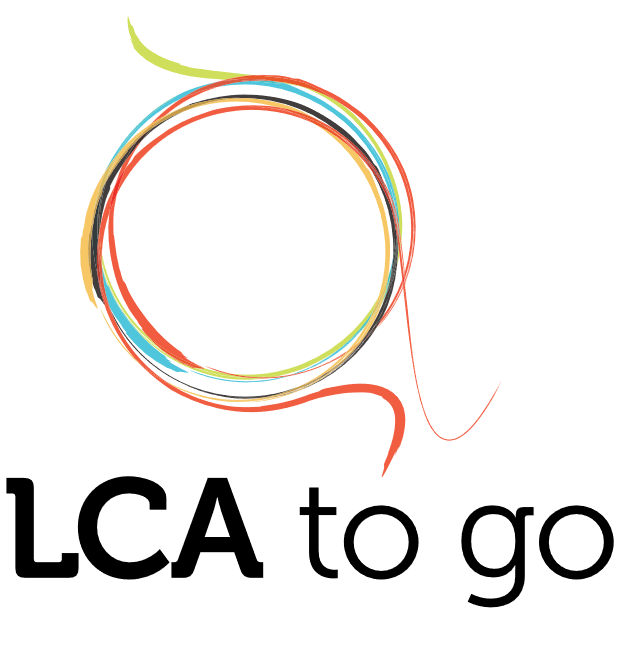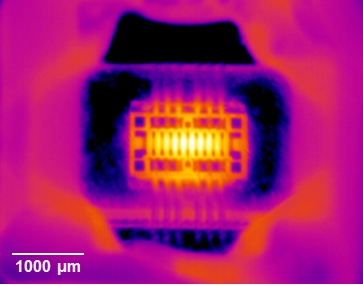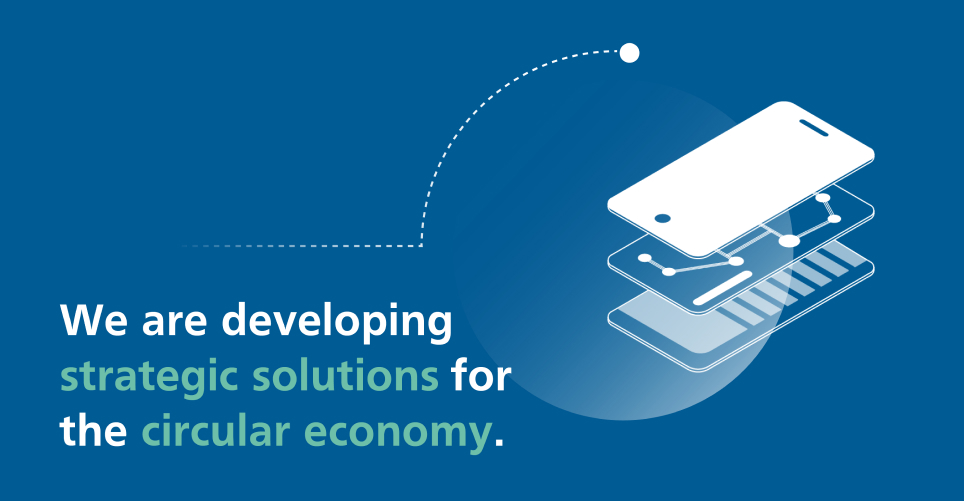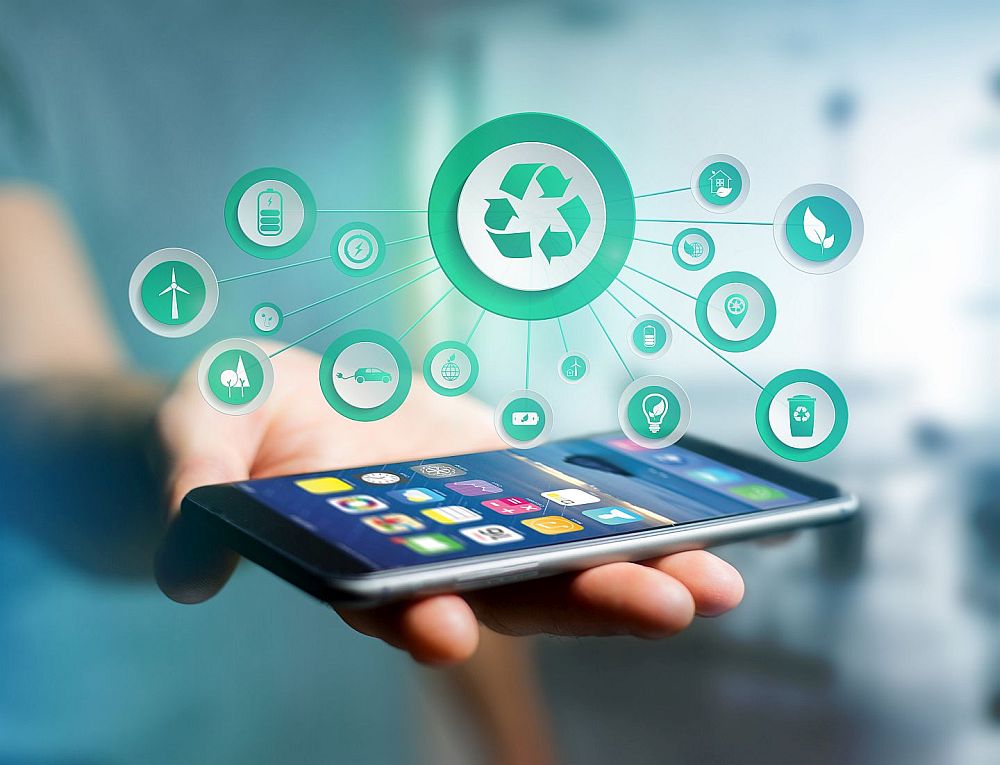
Lifecycle assessments (LCA) and environmental assessments not only help quantify a product's environmental impact. They also inform and guide meaningful ecodesign that can cover the crucial hotspots in the product's operational life and beyond. The Lifecycle Modelling group can contribute its competences for the entire life of individual electronic components or complete products and systems.
We support our clients with environmental and cost assessments for their materials, production processes, components, or products. Our expertise also feeds into current discourse about the methodology for lifecycle assessments, the indicators used for assessments like product repairability or reusability, or the inclusion of obsolescence as a salient factor.
 Fraunhofer Institute for Reliability and Microintegration IZM
Fraunhofer Institute for Reliability and Microintegration IZM